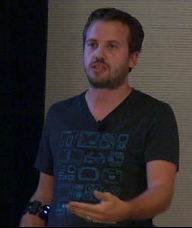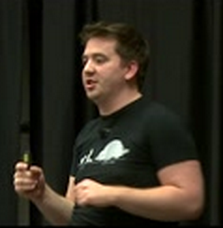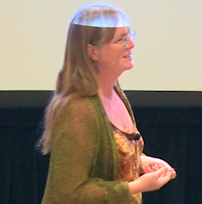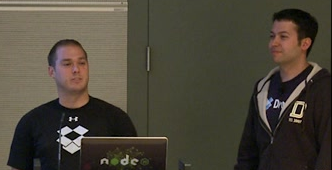CppCon 2014 Hourglass Interfaces for C++ APIs--Stefanus DuToit
 Have you registered for CppCon 2015 in September? Don’t delay – Registration is open now.
Have you registered for CppCon 2015 in September? Don’t delay – Registration is open now.
While we wait for this year’s event, we’re featuring videos of some of the 100+ talks from CppCon 2014 for you to enjoy. Here is today’s feature:
Hourglass Interfaces for C++ APIs
by Stefanus DuToit
Summary of the talk:
C++ provides a much richer set of abstractions than C. Classes, templates, overloading, and other core C++ features can be leveraged for more readable syntax, better compile time typechecking, more open ended genericity and improved modularity. On the flip side, C89 still boasts some advantages over C++, especially when viewed through a pragmatic lens. C ABIs on many platforms have been stable for decades, practically every language supports binding to C code through foreign function interfaces, and including nearly any C89 header has a negligible effect on compile time on modern computers.
The Hourglass pattern provides the best of both worlds. It's a way to structure libraries that retains the pragmatic benefits of C89 while still providing C++'s richness both at an interface and implementation level. It makes providing bindings from other languages to C++ libraries easier, and insulates from ABI issues such as incompatibilities between debug and release variants of runtimes. This talk provides an overview of the pattern, teaches practical techniques for its implementation using C++98 and C++11, and shares experience from using the pattern in real world projects.

 Have you registered for CppCon 2015 in September? Don’t delay –
Have you registered for CppCon 2015 in September? Don’t delay –  Have you registered for CppCon 2015 in September? Don’t delay –
Have you registered for CppCon 2015 in September? Don’t delay –  Have you registered for CppCon 2015 in September? Don’t delay –
Have you registered for CppCon 2015 in September? Don’t delay –  Have you registered for CppCon 2015 in September? Don’t delay –
Have you registered for CppCon 2015 in September? Don’t delay –  Have you registered for CppCon 2015 in September? Don’t delay –
Have you registered for CppCon 2015 in September? Don’t delay –  Have you registered for CppCon 2015 in September? Don’t delay –
Have you registered for CppCon 2015 in September? Don’t delay –  Have you registered for CppCon 2015 in September? Don’t delay –
Have you registered for CppCon 2015 in September? Don’t delay –